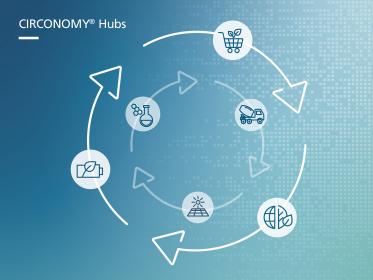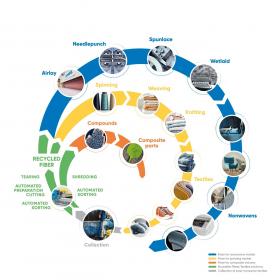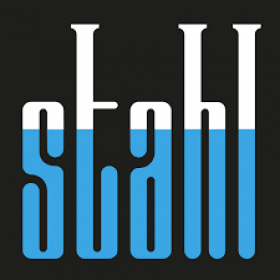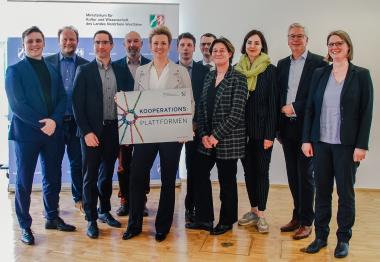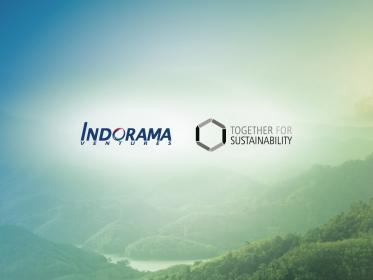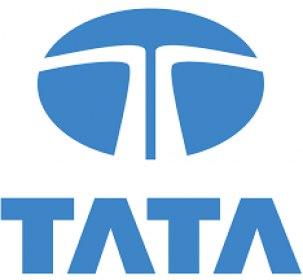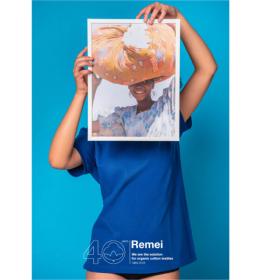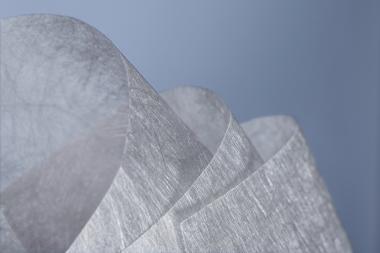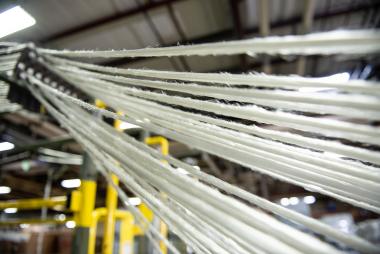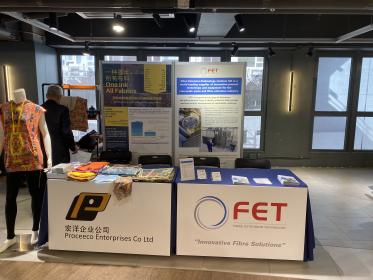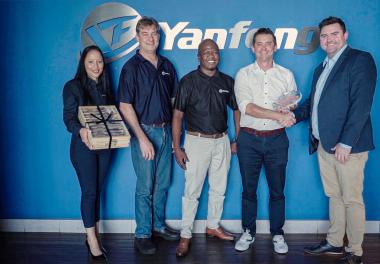Virgin PET verdrängt PET-Recyclate
Neuware ist, seitdem sich die Logistikketten nach Corona in der 2. Jahreshälfte 2022 wieder neu sortiert haben, sehr billig in Europa und verdrängt PET-Recyclate, so der bvse-Fachverband Kunststoffrecycling.
"Die hohe Inflation führt außerdem zu Konsumverzicht bei den Verbrauchern und dadurch leidet die Nachfrage bei den Verpackungsherstellern. Im Ergebnis geraten die Recyclingunternehmen derzeit massiv unter Druck“, beschreibt Dr. Dirk Textor, Vorsitzender des bvse-Fachverband Kunststoffrecycling, die aktuelle Situation.
Jüngstes Beispiel für die angespannte Lage ist die Schließung des PET-Recycling-Standorts von Veolia in Rostock. Der Absatz von Flakes und Regranulaten stockt – der dauerhafte, wirtschaftliche Betrieb seiner PET-Recyclinganlage ist für Veolia nicht mehr möglich. Eine Absicherung des Absatzes von recyceltem PET ist in Zusammenarbeit mit der Getränkeindustrie und/oder dem Handel nicht gelungen, hieß es zur Begründung.
„Wir sehen das gesamte PET-Recycling in einer Schieflage, weil Abfüller und Inverkehrbringer von PET-Verpackungen ihrer Produktverantwortung nicht nachkommen. Eine mittelfristige Besserung der Situation ist nicht in Sicht. Die PET-Verarbeiter setzen auf Neuware und listen die Recyclate aus“, kritisiert Textor.
Dieses Verhalten der PET-Verarbeiter ist nach Auffassung des bvse-Fachverband Kunststoffrecycling „sehr überraschend“, weil Recycling-PET der einzige Kunststoff ist, der bei Verpackungen mit direktem Lebensmittelkontakt eingesetzt werden kann. Das jetzt zu beobachtende Marktverhalten der PET-Verarbeiter, die ausschließlich auf Neuware setzen, sei kurzsichtig und hoch problematisch, heißt es beim bvse. Man dürfe nicht annehmen, dass eine stillgelegte Anlage innerhalb kurzer Zeit wieder hochgefahren werden kann. Anlagen müssen kontinuierlich betrieben werden, um die benötigten Mengen in geeigneten Qualitäten darstellen zu können. Im schlimmsten Fall verschwindet die Anlage sogar ganz vom Markt.
„Und damit wird es eng werden, sehr eng, wenn in Kürze die hohen Anforderungen der europäischen Kunststoffstrategie umzusetzen sind. Nicht zuletzt werden bei der Novellierung der europäischen Verpackungsverordnung sehr ambitionierte Recyclateinsatzquoten definiert. Auch deshalb wird es in Europa zu einem Verteilungskampf um Recycling-PET kommen“, so bvse-Fachverbandsvorsitzender Dirk Textor.
bvse-Fachverband Kunststoffrecycling





